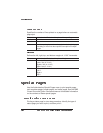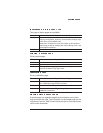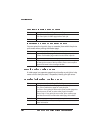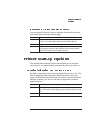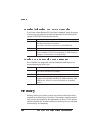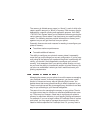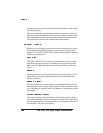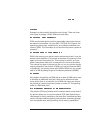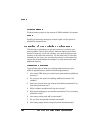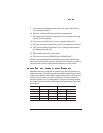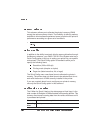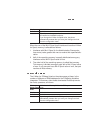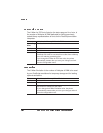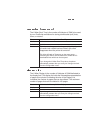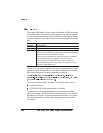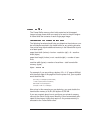
Physical memory refers to the amount of RAM installed in the printer.
Spooling is temporary storage to hold print jobs until the printer is
available to process them.
The first step in allocating your printer’s memory is to define your
printing needs. Each of your printer’s features requires a minimum
amount of memory. If you use a feature, you must allocate enough
memory to the client that controls it. On the other hand, if there are
features you don’t use, you can take the memory in the clients that
control the unused features and assign it to other clients that need
additional memory.
To get a better idea of what your printing requirements and your
printer’s capabilities are, answer the following questions:
1 How much RAM does your printer have (standard and additional
memory)?
2 Do you have the option of installing additional memory if it’s
needed?
3 Does your printer have any external hard disks connected? If so,
how many and what size?
4 Which resident emulations will you be running?
5 Will you be loading any non-resident emulations? If so, how many
and which ones?
6 How many printer ports will be connected?
7 Do you have an optional interface connected?
8 How many people will be using this printer simultaneously?



